You’ve probably heard or read about “inflammation” … but what exactly does it mean, what’s causing it and how do we prevent it? Some people consider it an infection, and others think of it as swelling, but don't worry; if this is unfamiliar to you, we will explain everything about inflammation and how it causes biological destruction in our bodies. We will also tell you about an ancient holistic ingredient called curcumin and its anti-inflammatory healing properties.
But wait, before discussing the magical ingredient, let's discuss inflammation; how it causes biological destruction in our bodies.
What is inflammation?
This is a question that generally patients ask when their physicians tell them that they have inflammation in their body. Well, inflammation is the operation of white blood cells (the army of the body) to protect the body against foreign invaders like bacteria, viruses, or other infectious agents. Whenever foreign particles enter our body, our immune system activates and sends white blood cells to that specific area where foreign particles have created a disturbance. Those WBCs kill foreign particles and guard the body against infection.
However, during this protective operation, WBCs release some chemical substances called inflammatory mediators in the blood that enhance the blood flow towards the problematic area to fight infectious agents. Remember, the more blood towards the infectious part, the more proportion of white blood cells will reach there and the better they will fight.
Now you might have noticed some redness, swelling, and pain around your inflamed body area. These are symptoms associated with inflammation, including redness and warmth, because of the increased blood flow to a particular part of the body. The WBC war caused swelling in nearby tissues because some chemicals leaked out of the cells. This whole protective operation also sensitizes the adjacent nerves and results in pain.
Types of inflammation:
While considering Inflammation has two types:
- Acute inflammation
- Chronic inflammation
Acute inflammation:
Acute inflammation can start at any instant and settle down within a few hours or days, for example:
- Sore throat
- Acute bronchitis
- Acute sinusitis
Chronic inflammation
Chronic inflammation never settles down quickly and remains persistent for weeks, months, and sometimes years. Chronic inflammatory diseases include:
- Heart diseases
- Alzheimer's disease
- Psoriasis
- Diabetes
- Asthma
Causes of inflammation
Multiple factors contribute to causing inflammation in the body, such as
- Unhealthy diet (Processed foods, sugars, hydrogenated vegetable oils, refined carbohydrates)
- Polluted environment
- Cigarette smoke
- Alcohol/ Drug use
- Sedentary lifestyle
- Injuries
All these factors cause toxins accumulation in the body, activate the immune system, and result in inflammation.
Reading the aforementioned information, you might think of inflammation as a savior process. It is, but sometimes, it causes destruction and becomes the root cause of many diseases. Read on to know how this works.
Why Inflammation Is The Root Cause Of All Diseases?
Sometimes our immune system reacts against our body tissues considering them damaged even when they are working fine, and start attacking them. This happens in autoimmune diseases such as arthritis in which our immune systems react against our joint lining cells and eat up cartilages that act as a cushion in joints. This way, the joint gets damaged, and this causes pain, swelling, and inflammation in the joint.
Some other diseases are also associated with autoimmune disorders resulting in inflammation in various inner body organs. However, symptoms during these ailments may vary from organ to organ. Those diseases are as follows:
- Myocarditis: is known as inflammation of the heart, reducing the heart muscles' ability to pump blood and resulting in shortness of breath
- Nephritis: inflammation of kidneys resulting in high blood pressure and kidney failure
- Inflammation of narrow tubes called bronchi or bronchioles that carry air towards the lung causes discomfort in breathing
- Rheumatoid Arthritis: inflammation of small body joints following pain, swelling, morning stiffness, reduced mobility, etc.
Having sufficient information about inflammation and how it acts as the prime cause of many diseases, you might be thinking that we were talking about some magical ingredient in the introduction. The wait is over; here is the secret of the magical ingredient. Let's find out!
Curcumin’s anti inflammatory properties
Curcumin is an active ingredient found in Indian spice called turmeric. Curcumin is considered the most effective nutritional supplement in nature. Curcumin has been shown to benefit the human body in a variety of high-quality research studies. It is a natural holistic remedy that can treat many severe and deadly diseases. However, it is most renowned because of its excellent anti-inflammatory properties.
It is necessary to mention that curcumin only makes up 5% of turmeric proportion, and rather it is challenging to achieve the required percentage of curcumin by only eating it as a specie in the meal. Moreover, its blood absorption capacity and bio availability is quite low leading to poor absorption and retention which in turn limits the healing capabilities.
What is liposomal curcumin?
Liposomal curcumin is an enhanced bioavailable form that has been coated in lipid spheres known as phospholipids. These phospholipids, also known as liposomes, act as the curcumin bodyguards protecting it through the digestion process and easily delivering it directly into the cell membrane where it can effectively distribute the anti-inflammatory healing.
Now let's discuss the curcumin anti-inflammatory mechanism and how liposomal curcumin benefits the human body. Liposomal curcumin acts as an incredible anti-inflammatory agent. It helps fight foreign invaders causing damage to the tissues and aids in repairing it. It has shown beneficial results in treating many chronic inflammatory diseases such as:
- Rheumatoid arthritis
- Diabetes
- Heart diseases
- Alzheimer's disease
- Various metabolic diseases
- Psoriasis
Other liposomal curcumin benefits:
Not only does liposomal curcumin act as an anti-inflammatory agent, but it also acts as an antioxidant and contributes to delaying the aging process. It also increases the brain hormone BDNF which supports the growth of new neurons and aids in dealing with degenerative diseases such as Alzheimer's.
And lastly, curcumin has also been found beneficial in dealing with depression. Having a thorough read of this writing, if someone asks you what liposomal curcumin is or if it is better for your health. We hope you will be able to explain it well. If you have any of the above-mentioned ailments and are interested in testing liposomal curcumin's magical powers, we suggest you start here!
References:
https://www.sciencedirect.com/science/article/pii/S2225411016302528
https://www.mayoclinic.org/diseases-conditions/myocarditis/symptoms-causes/syc-20352539
https://www.ncbi.nlm.nih.gov/pmc/articles/PMC5993766/
https://coremedscience.com/blogs/wellness/the-benefits-of-liquid-liposomal-curcumin-supplements
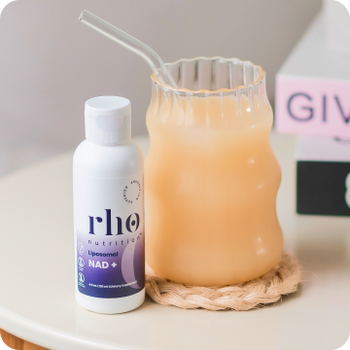

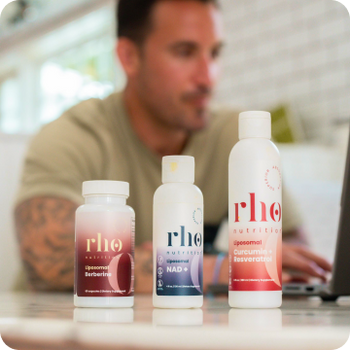
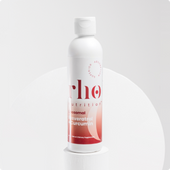
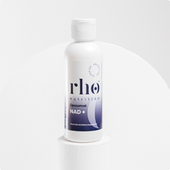
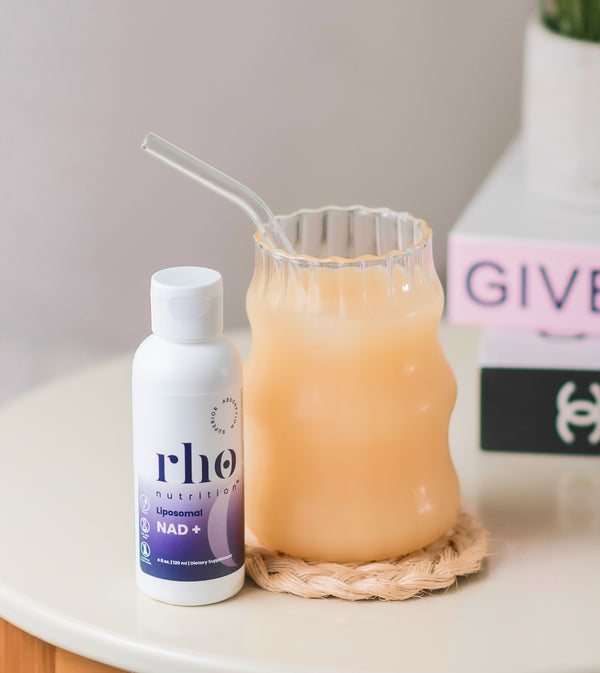

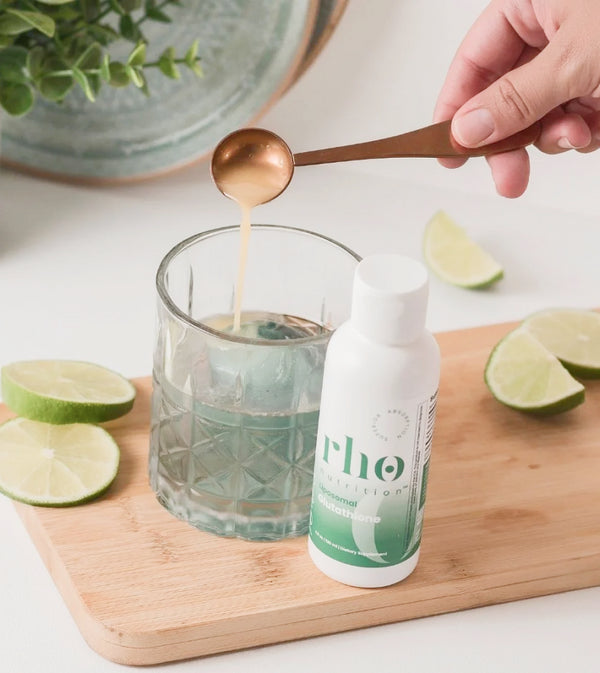
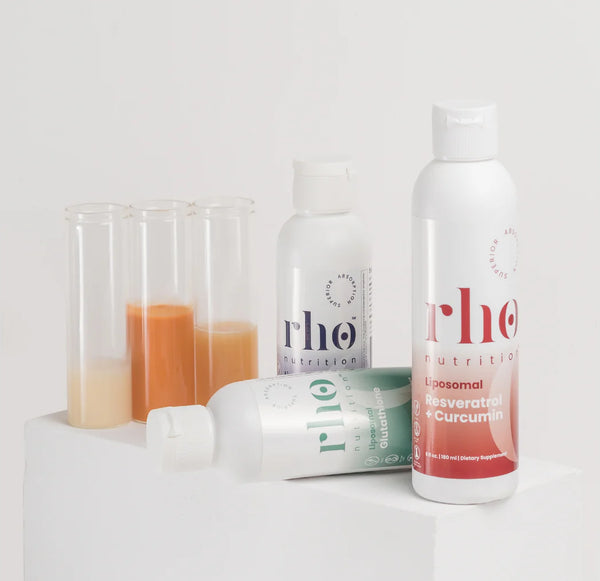
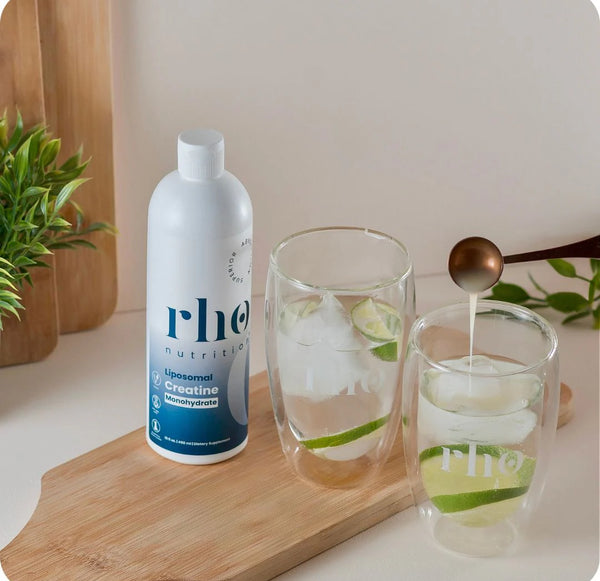



Leave a comment